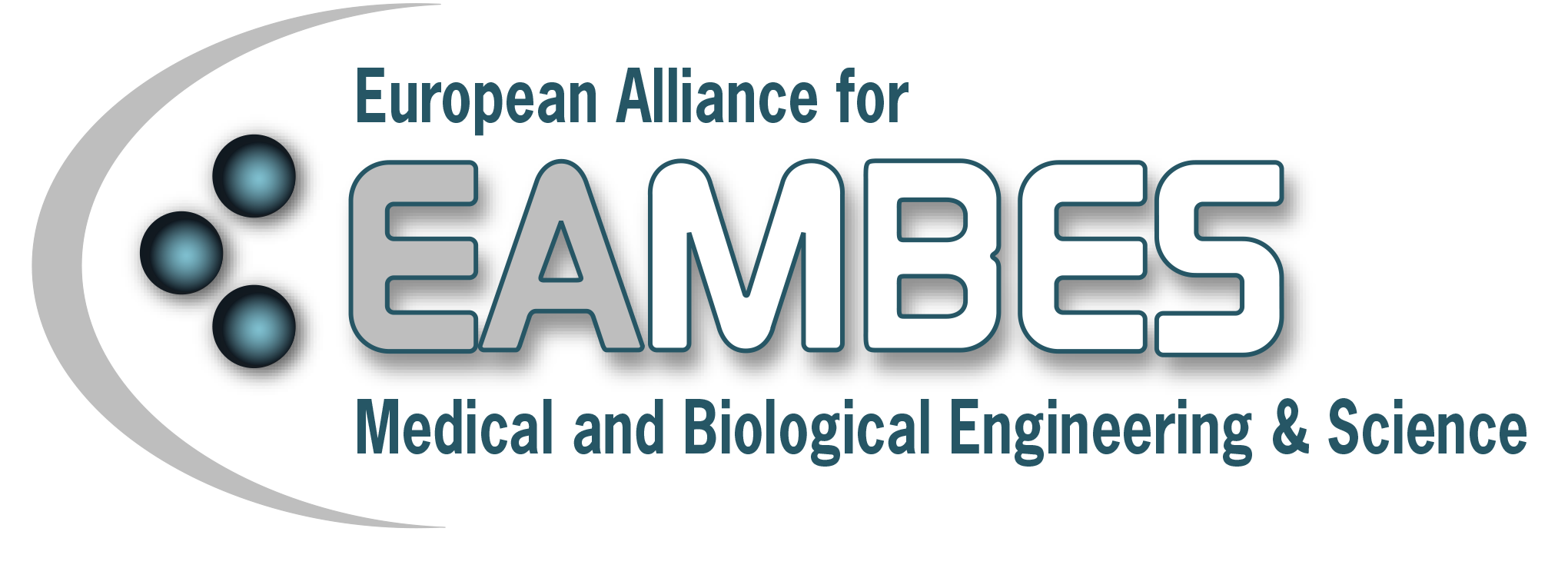Collecting and supporting the expansion and sharing of best practices in Biomedical Engineering (BME) can constitute a transformative strategy towards better health, through universal health coverage and more equitable and accessible medical technologies, especially in low resources settings.
Best practices can be drivers of change – accelerating progress and inspiring role models – and may involve multiple dimensions including scientific-technological issues, hedonomics, learning/teaching approaches, management of physical and human resources, and implementation of relevant regulations.
Thanks to the support of the UBORA community and of the IFMBE working group “BME in Low and Middle Income (LMI) Settings”, a questionnaire was designed to assess the current state-of-the-art of BME in low resources settings through the perceived impact, maturity and implementation challenges of its multifaceted dimensions (mature and forthcoming technologies, design methodologies, education, regulations, and policy making). The questionnaire was administered to professionals with recognized experience in the field of BME and its application to LMI settings, thanks to the contribution of IFMBE, EAMBES, E4C and ABEC.
Considering perceived relevance, maturity, and feasibility in LMI settings, a pragmatic agenda can be drafted including i) medical technologies for child/maternal health and for sterilization; ii) e-health and m-health; iii) sharing e-platforms for co-design with engineers and healthcare professionals; iv) open educational resources and capacity building for educators; v) standards addressing the new co-design methodologies and the specificity of LMI settings; and vi) cross border actions both in monitoring health issues and the potential of new technologies.
This agenda reflects some of the best practices currently in action in different low resources settings, but also reflect the common underestimation of a clinical need, such as mental health, or the obstacles to local production of safe medical technologies, or the difficulty for local training PhD students and transformative professional profiles.
Full paper avaliable here: https://link.springer.com/article/10.1007/s12553-022-00657-8
